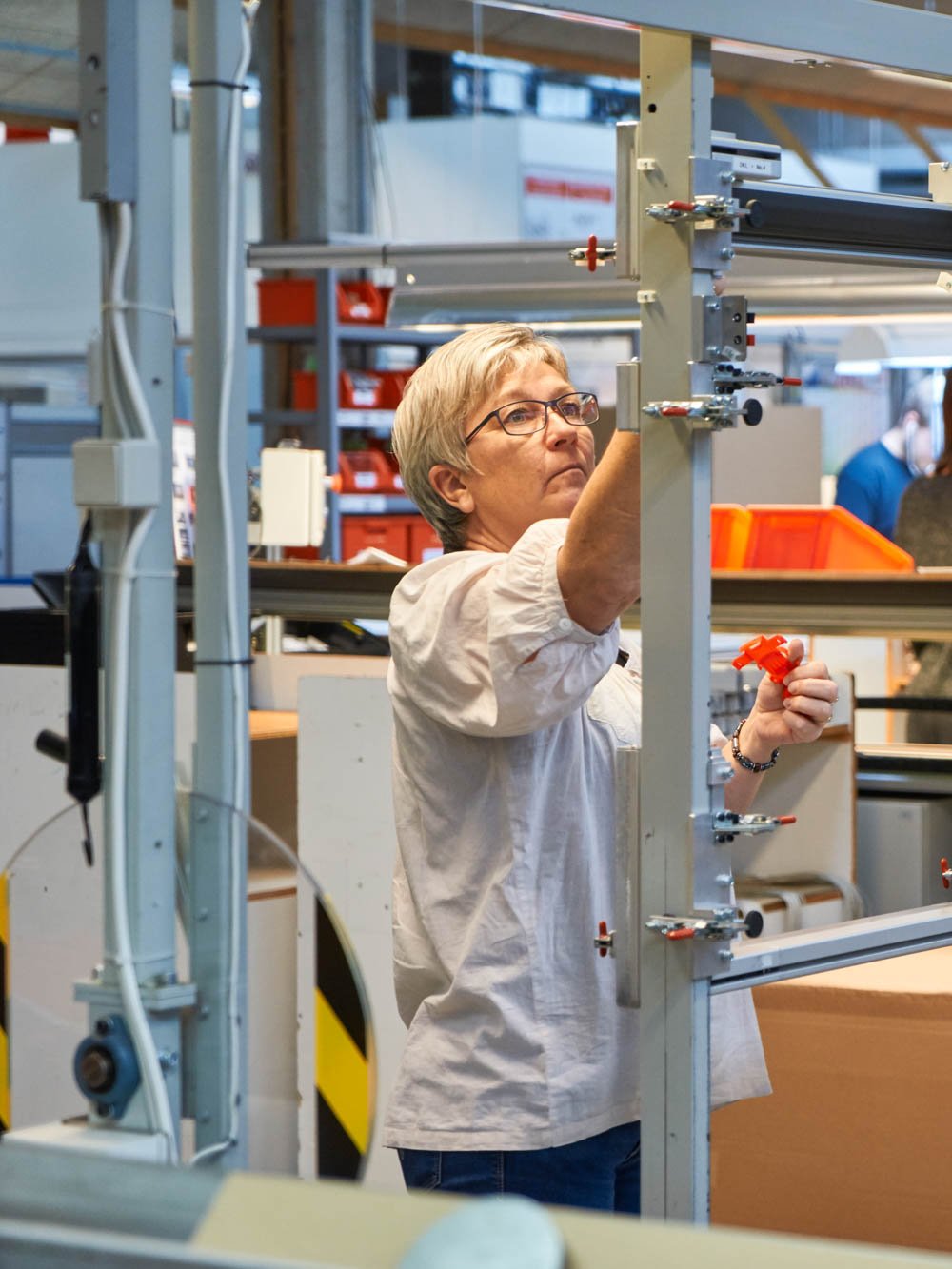We are committed to reducing and removing CO2 equivalent to our historical carbon emissions (scope 1 and 2) since our foundation in 1941 and up until 2041 – our 100th anniversary. To help us deliver on this commitment, in 2020 we entered a 20-year partnership with the World Wide Fund for Nature (WWF). Our twenty-year partnership will deliver a portfolio of forest projects that are designed to improve biodiversity and support local communities.
The partnership aims to contribute the verified carbon credits to the host countries’ national climate targets under the Paris Agreement. The credits will not be traded or used for offsetting by the VELUX Group or any other organisation.
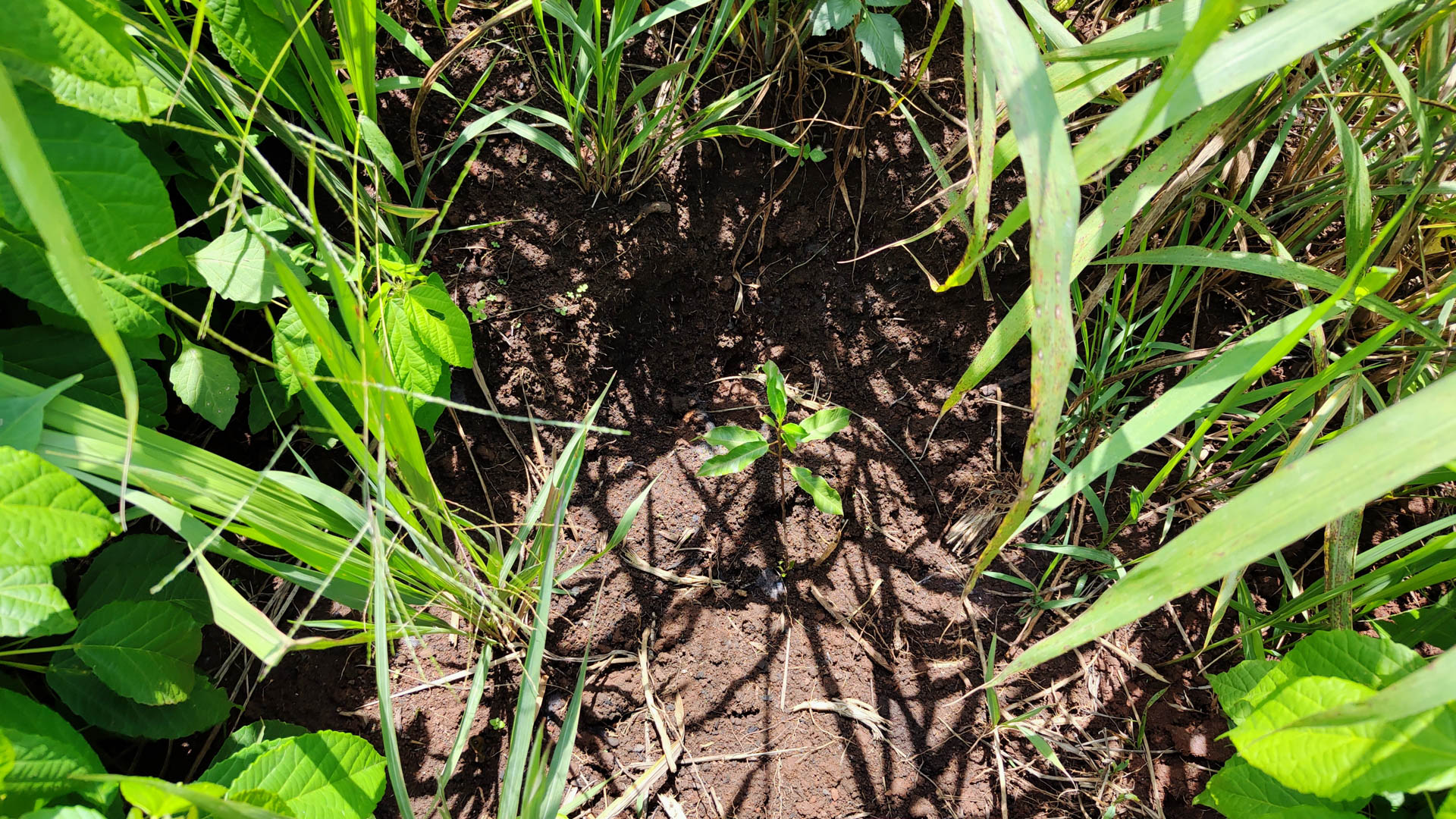 Photo: WWF Uganda
Photo: WWF UgandaOur CO2 impact target
By 2041, it is expected that the forest protection and restoration projects will have reduced and removed at least 4.5 million tonnes of CO2 – the equivalent of all CO2 emitted by the VELUX Group (scope 1 and 2) since it was founded in 1941. To increase the likelihood that the forest projects will reach this target, the projects will be designed with a 25% built-in CO2 buffer bringing the total potential carbon reductions and removals to approximately 5.6 million tonnes of CO2.
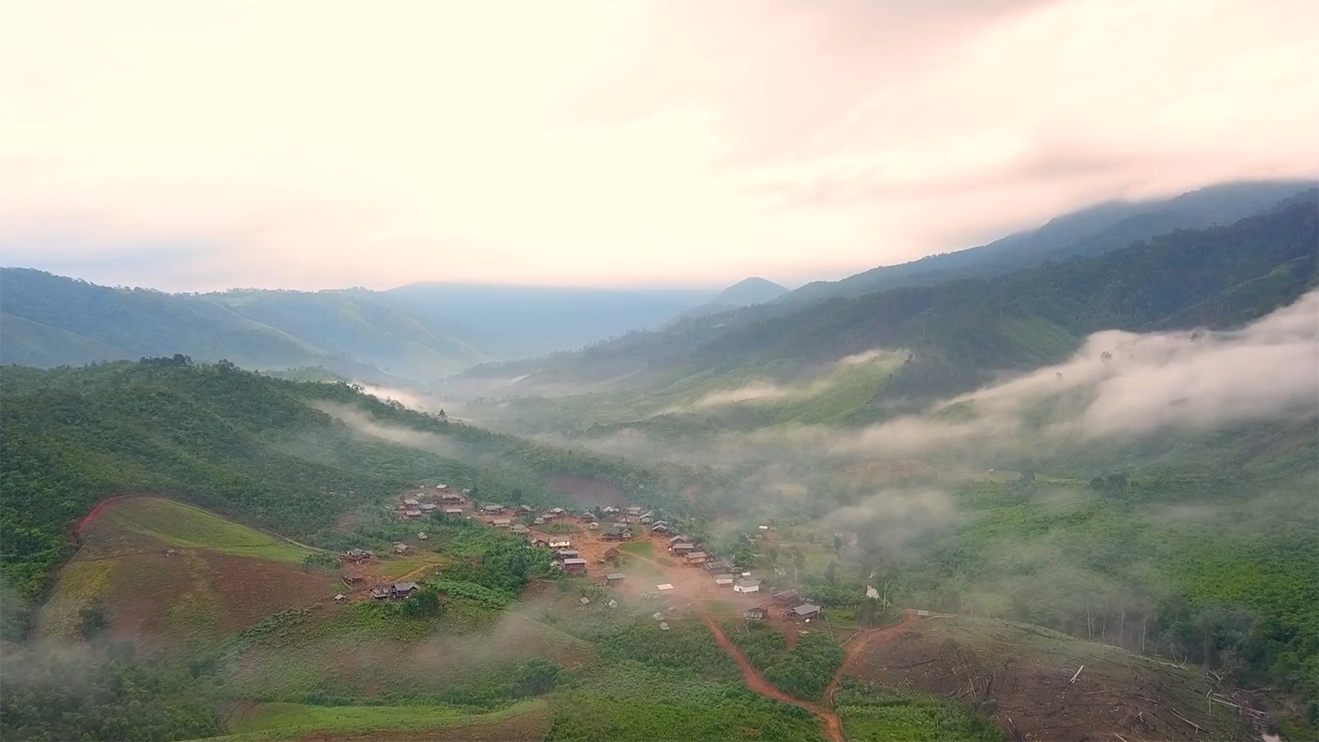
Climate change and biodiversity loss have reached a point where it is no longer solely an environmental crisis - it is an existential crisis – and today, it is widely acknowledged that we, globally, still have seen limited progress in reaching the Paris Agreement goals.
Watch the video featuring Kirsten Schuijt, Director General of WWF International, and Fleming Voetmann, Vice President of External Relations and Sustainability at the VELUX Group, as they discuss this topic and explore how companies can take action beyond the value chain.
Forest conservation projects with a focus on people, nature, and climate
By partnering with WWF to develop new forest projects from scratch, we are taking a unique approach to protect and restore forests in some of the most biodiverse landscapes in the world. Forest conservation is one of the most effective methods to stop the degradation of the planet’s natural environment and help mitigate climate change. The projects are selected based on several criteria including the carbon potential, the biodiversity and community benefits as well as the long-term sustainability of the projects.
Based on WWF’s expertise and experience in this area, tropical forests were identified as the most suitable to reach our target and achieve our vision. The projects will include a combination of REDD* (Reducing Emissions from Deforestation and Degradation) and AAR* (Afforestation, Reforestation and Revegetation) activities.
Each project will deliver nature-based solutions for climate mitigation aligned with WWF’s Blueprint for High-Quality Interventions that Work for People, Nature and Climate. The Blueprint outlines principles for project interventions to ensure that they deliver positive climate mitigation impacts and manage anticipated climate risks, while simultaneously delivering benefits and real impact for people and biodiversity.
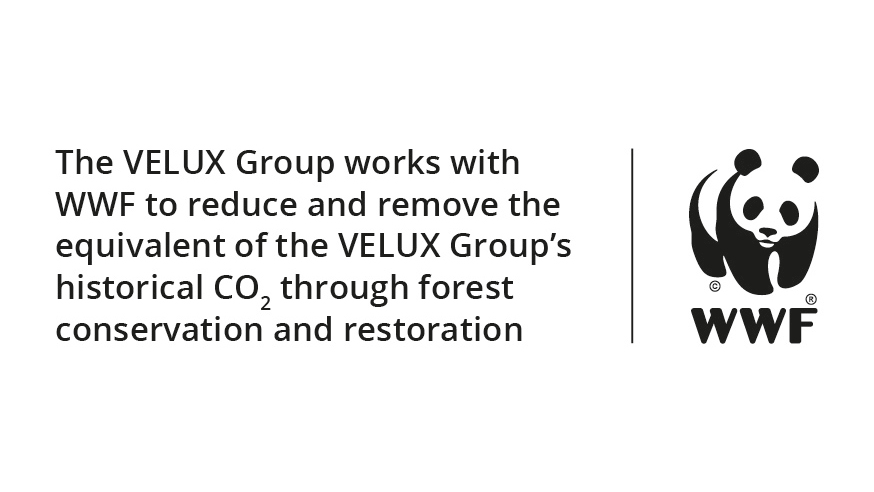
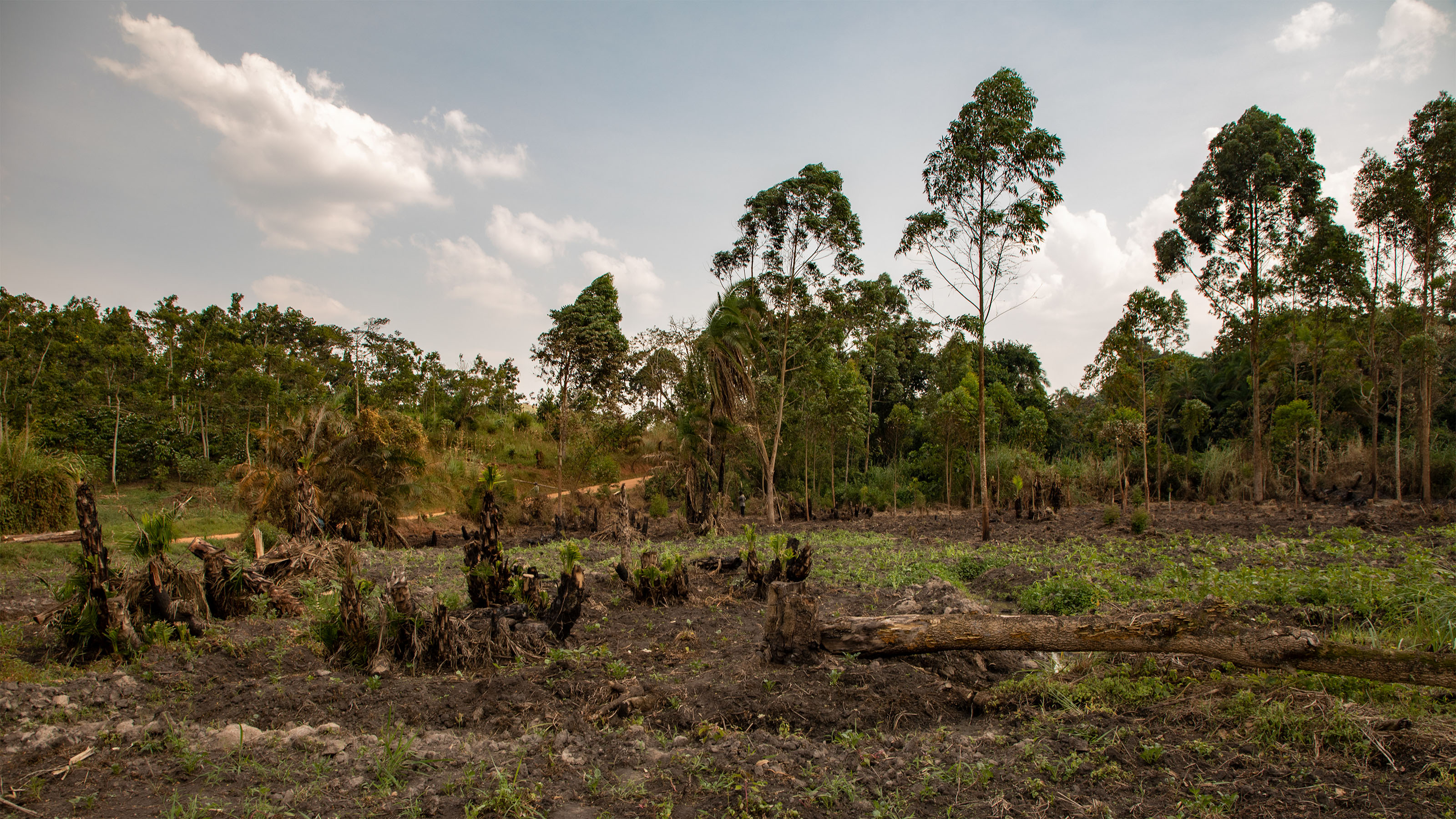 Photo: Happy Ali / WWF Uganda
Photo: Happy Ali / WWF Uganda The challenge of calculating historical emissions
No standard methodology exists today on how to calculate a historical carbon footprint. Therefore, we developed a method to calculate our historical carbon emissions based on the recognised Greenhouse Gas Protocol Corporate Standard and applied this to our historical data. This unique methodology, including the underlying assumptions, was independently verified by Carbon Trust and reviewed by scientific experts at WWF.
Carbon reductions and removals are calculated using standards created by the Intergovernmental Panel on Climate Change (IPCC), the leading international body for the assessment of climate change. It is a key source of scientific information and technical guidance to the United Nations Framework Convention on Climate Change (UNFCCC), the Kyoto Protocol and the Paris Agreement. The partnership will ensure ongoing monitoring of all forest projects and include third-party verification according to internationally recognised standards – the Verified Carbon Standard (VCS) and the Climate, Community, and Biodiversity Standard (CCB) developed and managed by Verra.
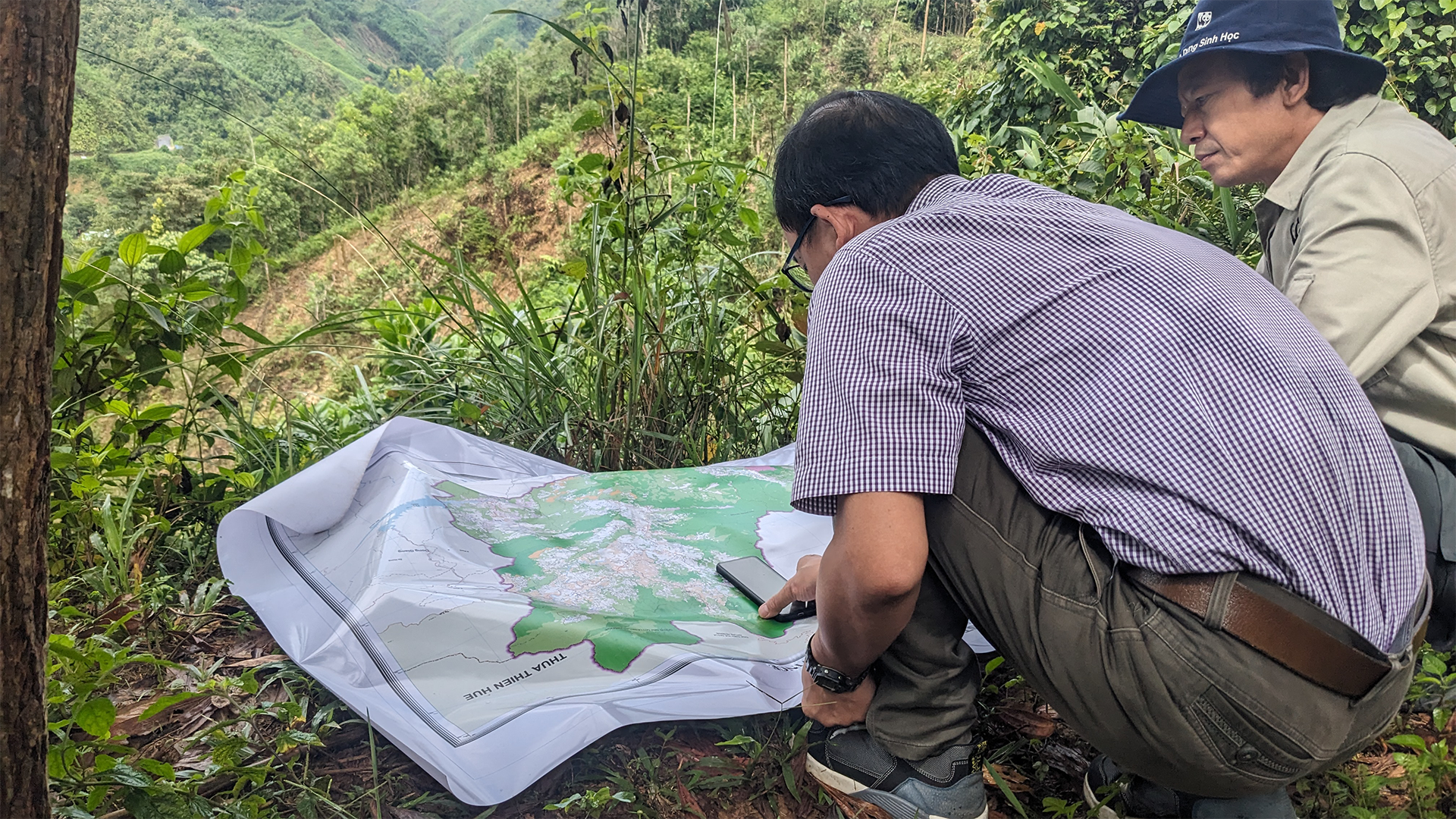
The forest project portfolio
